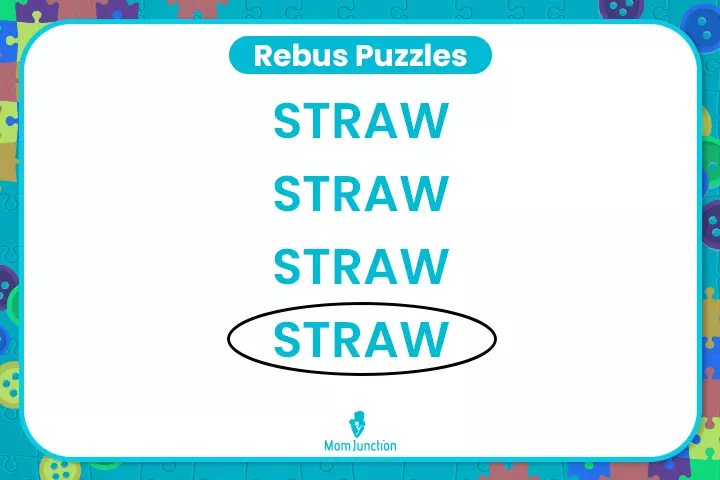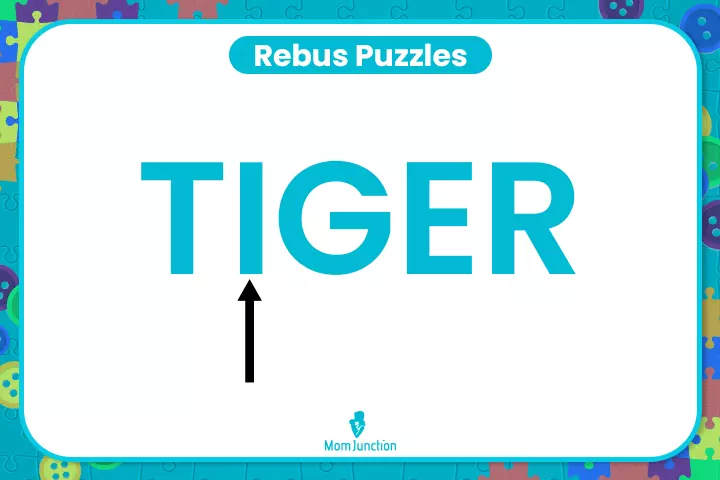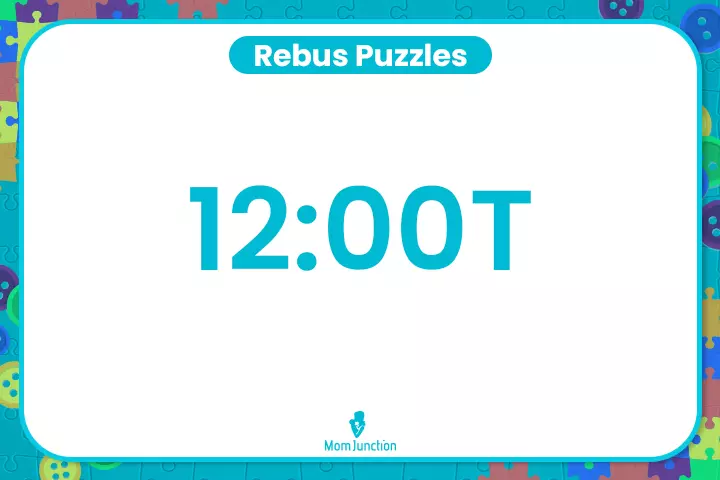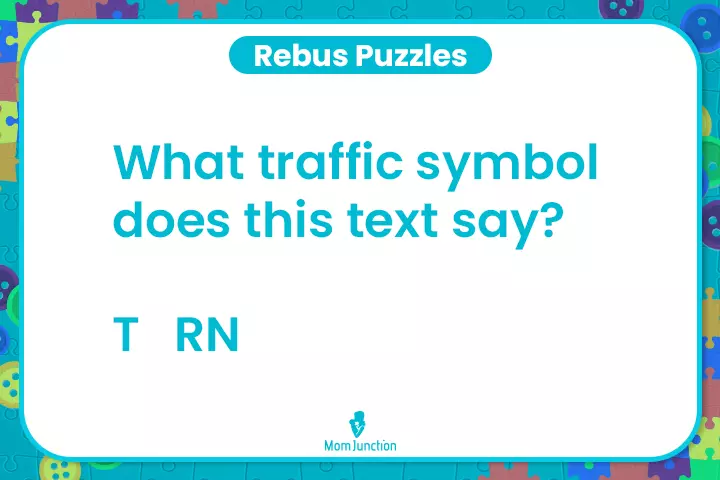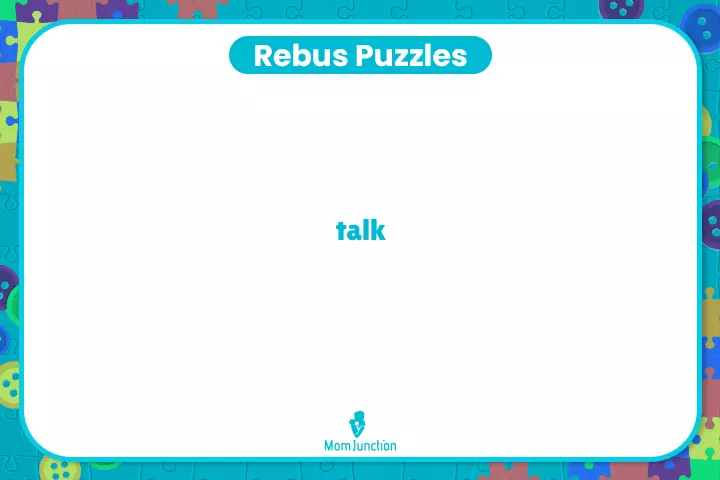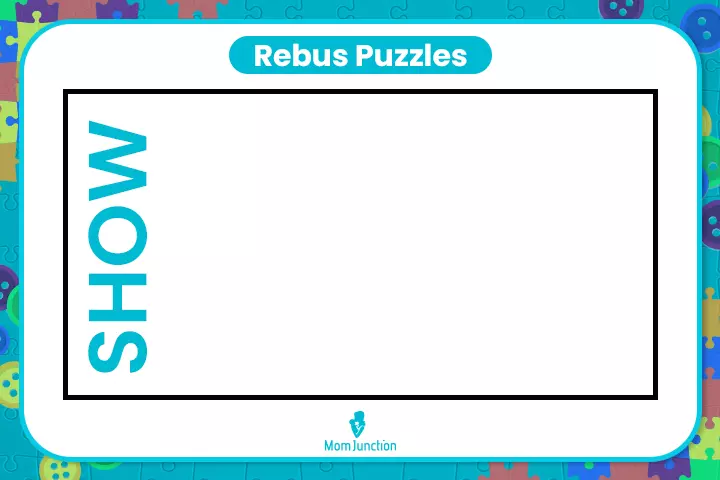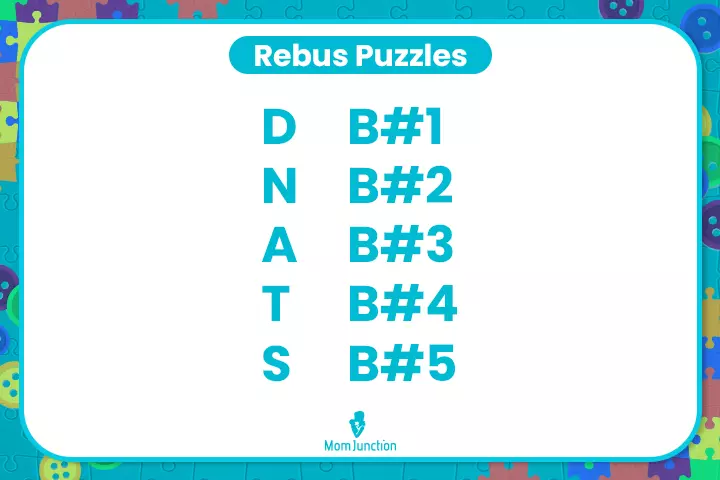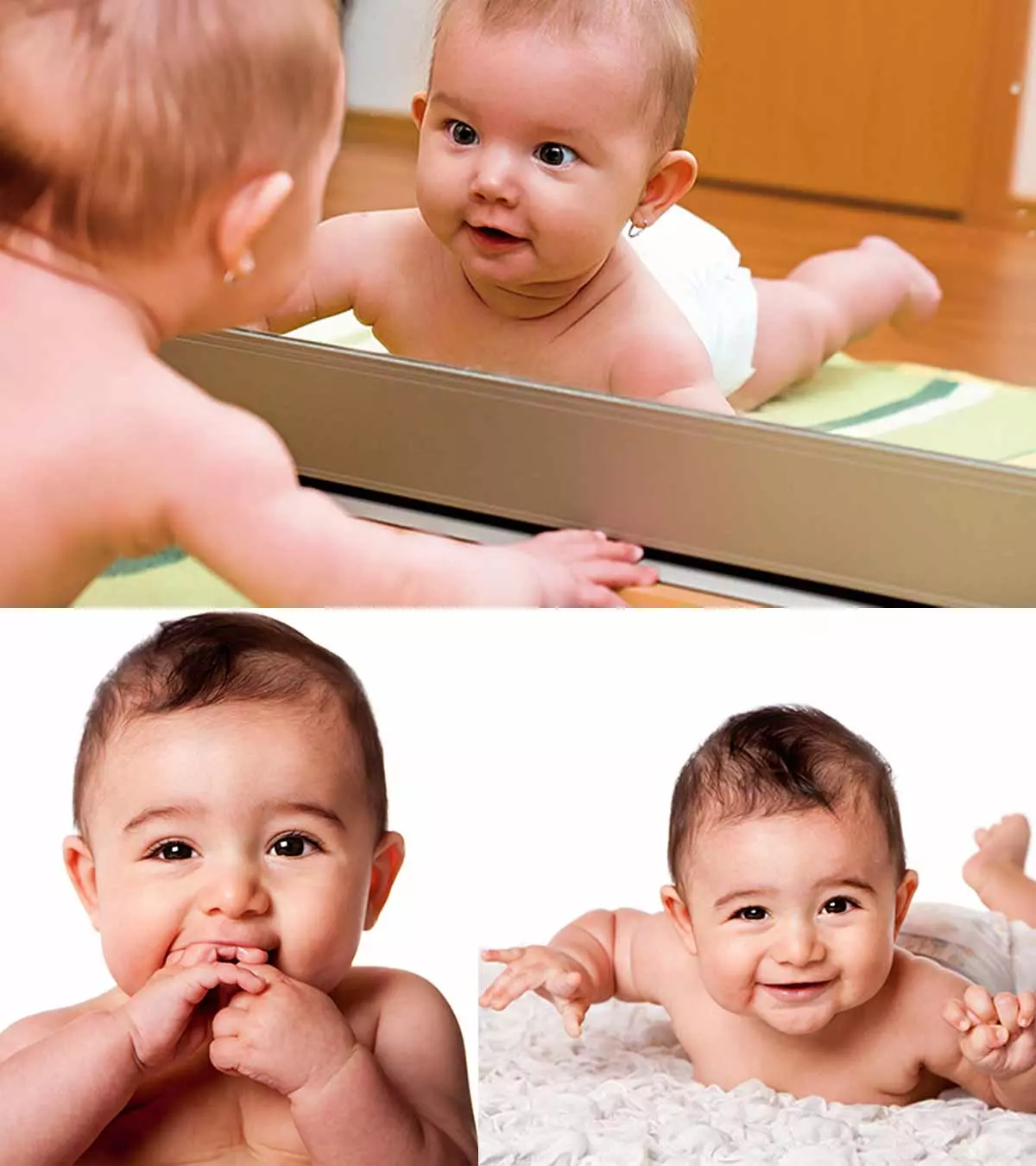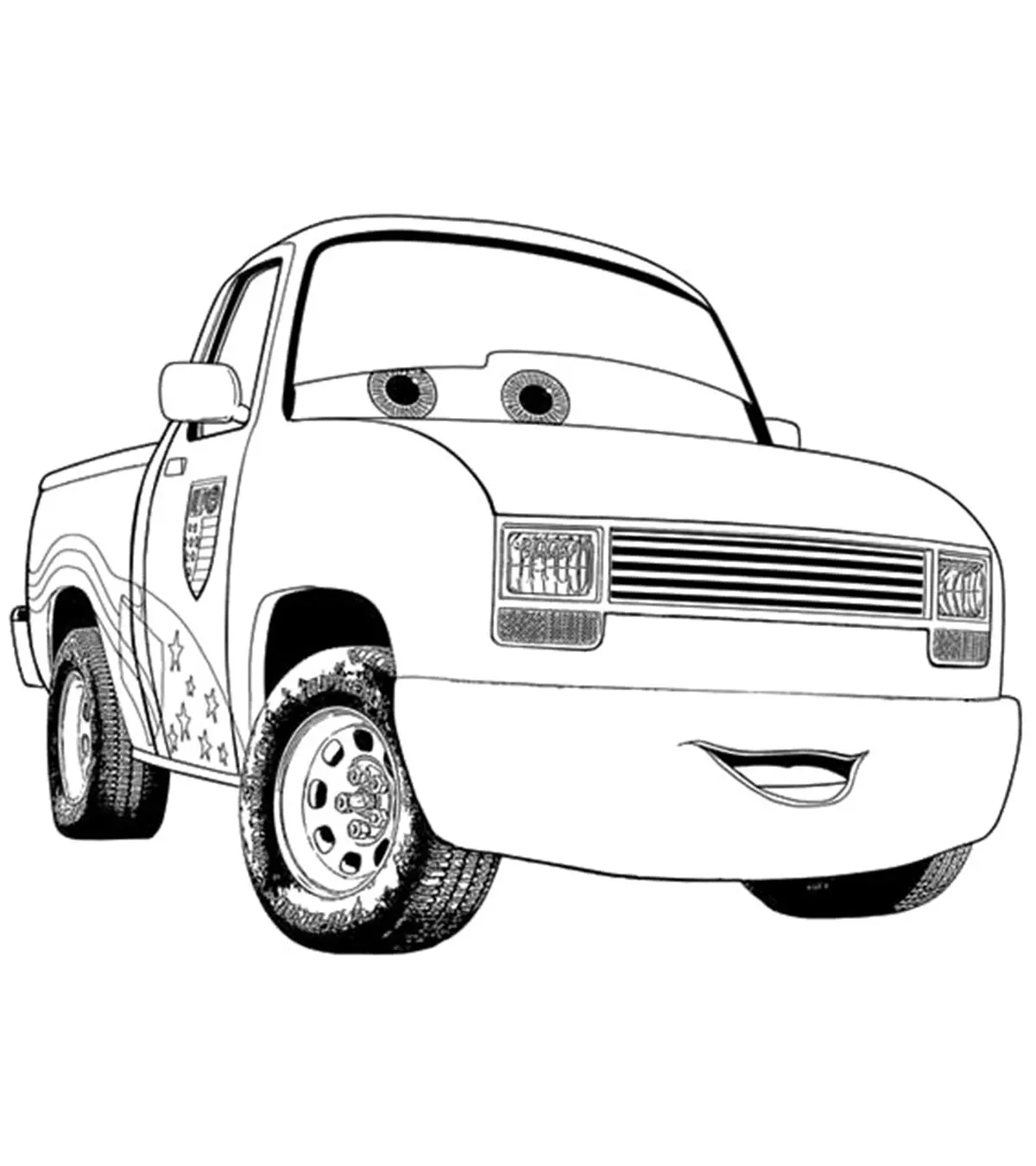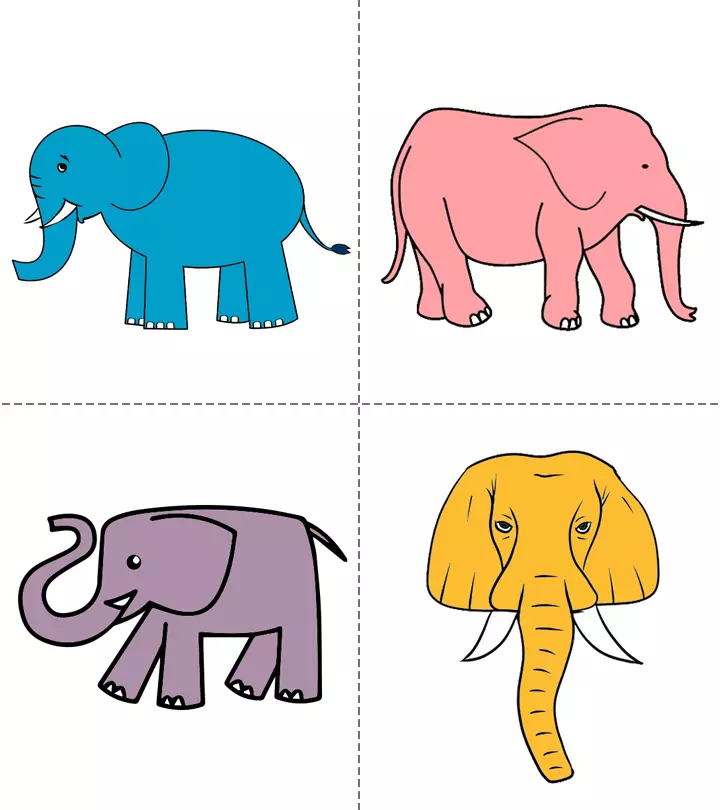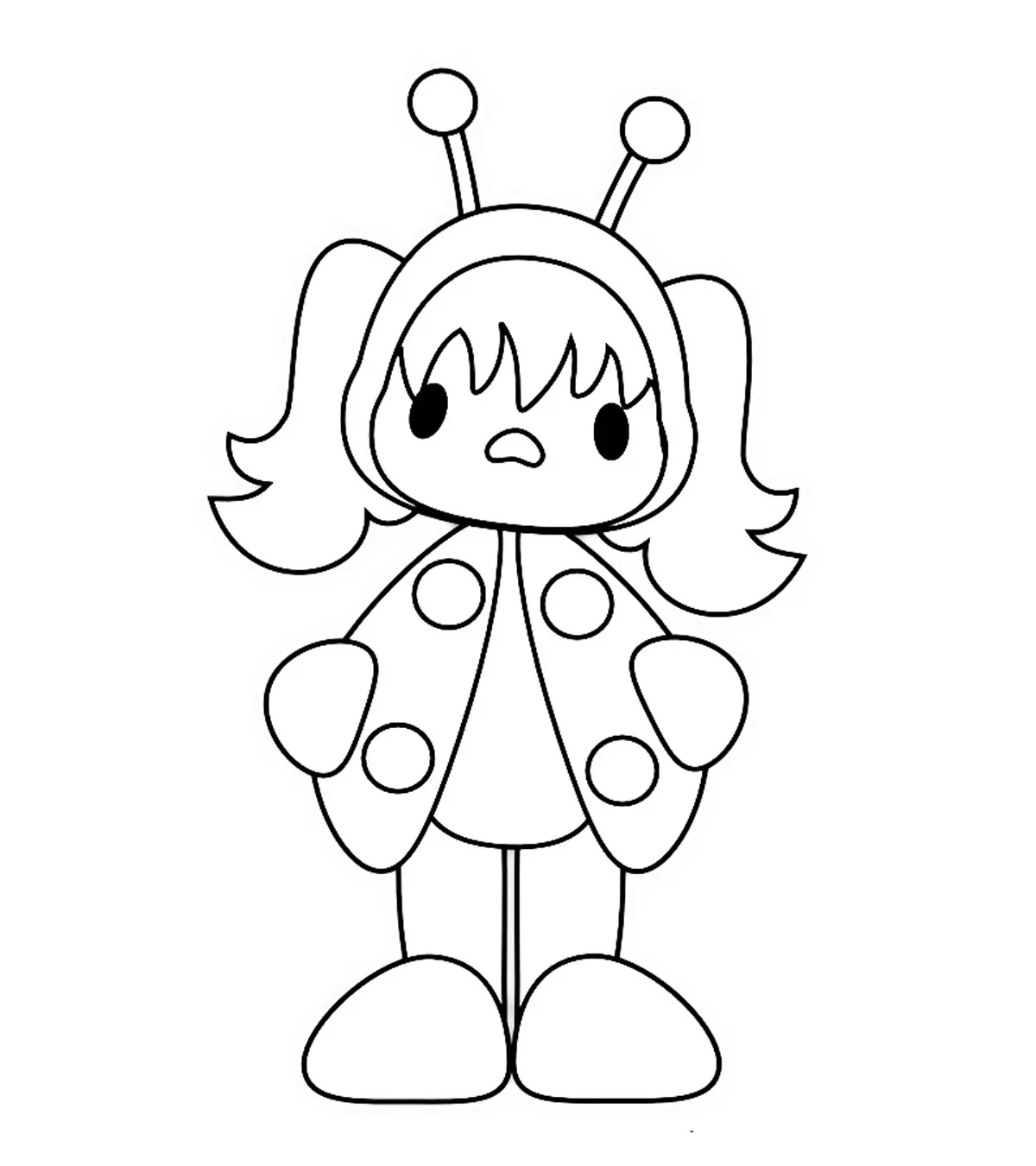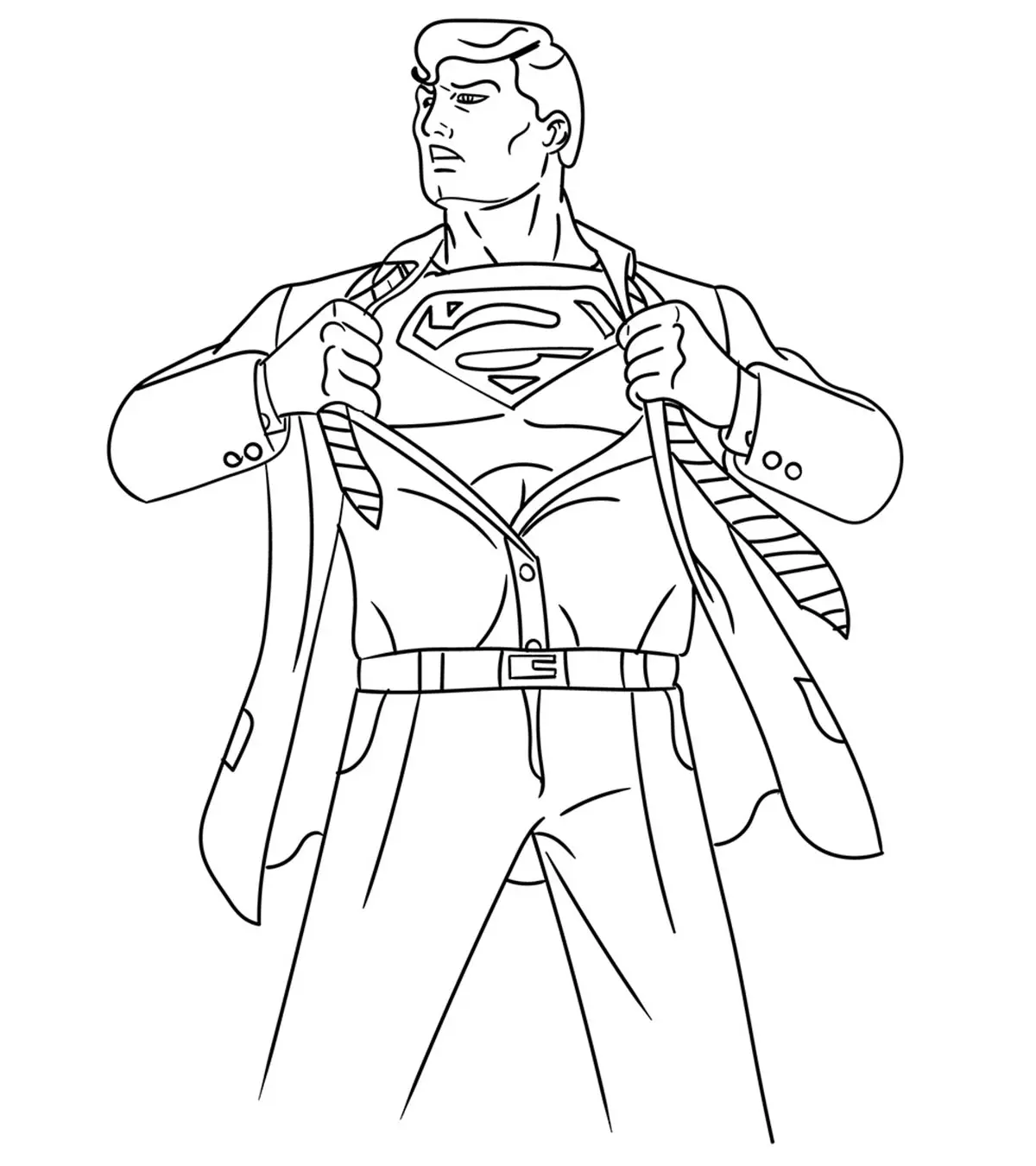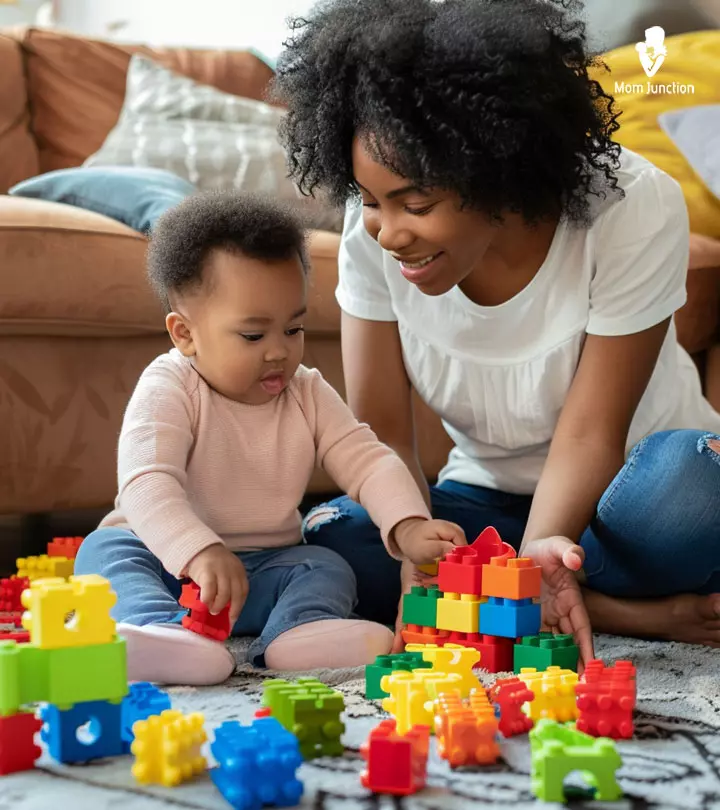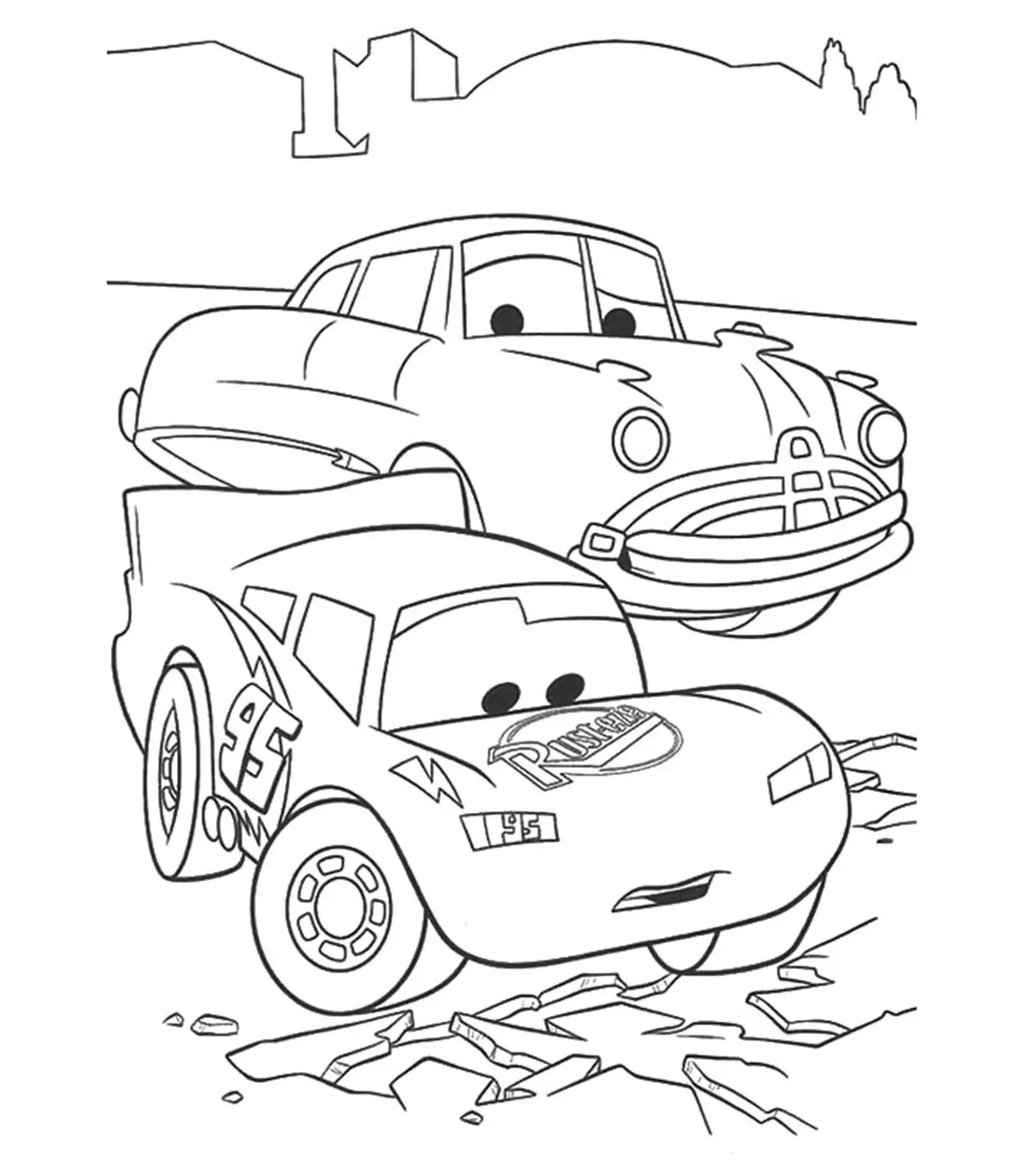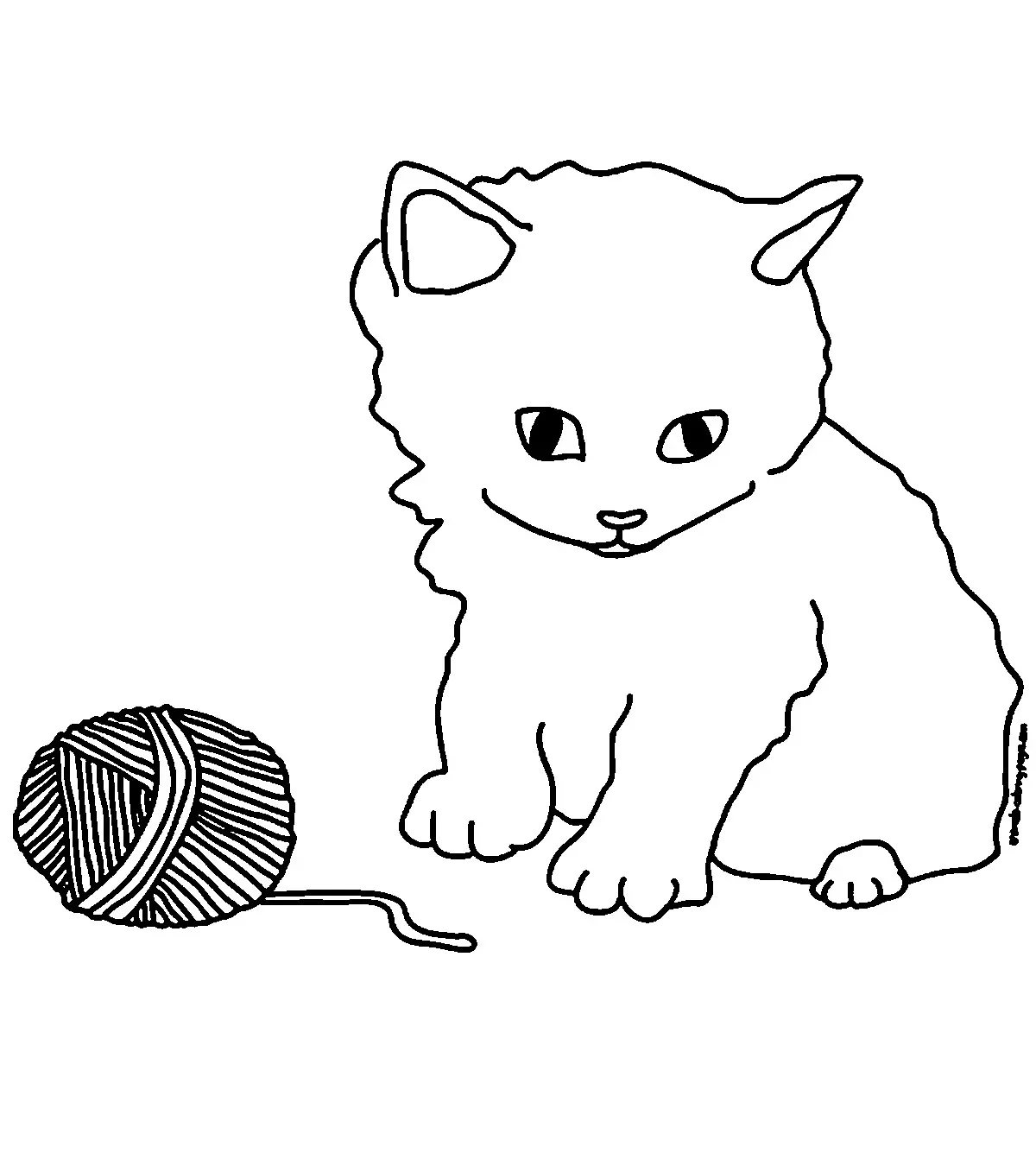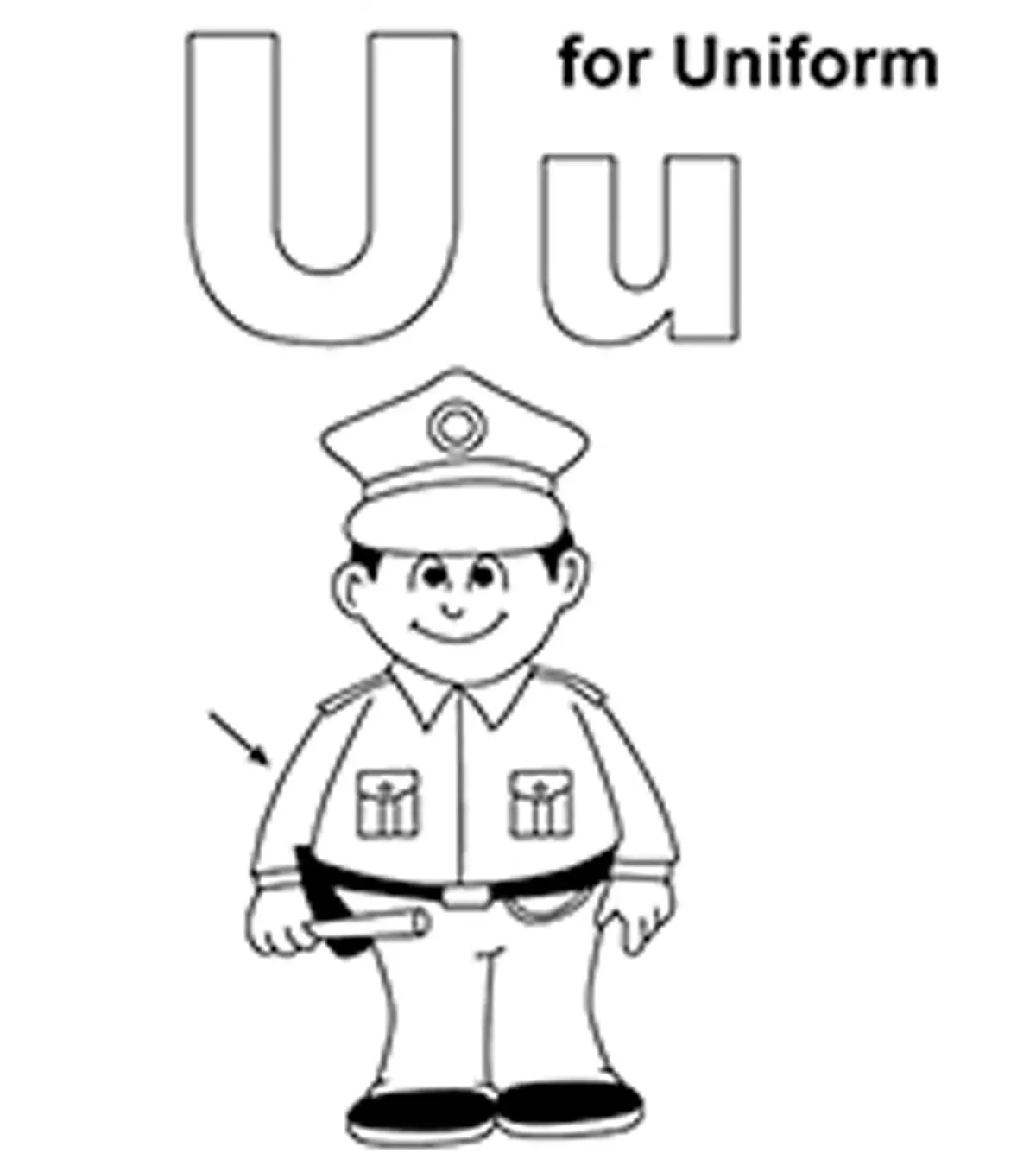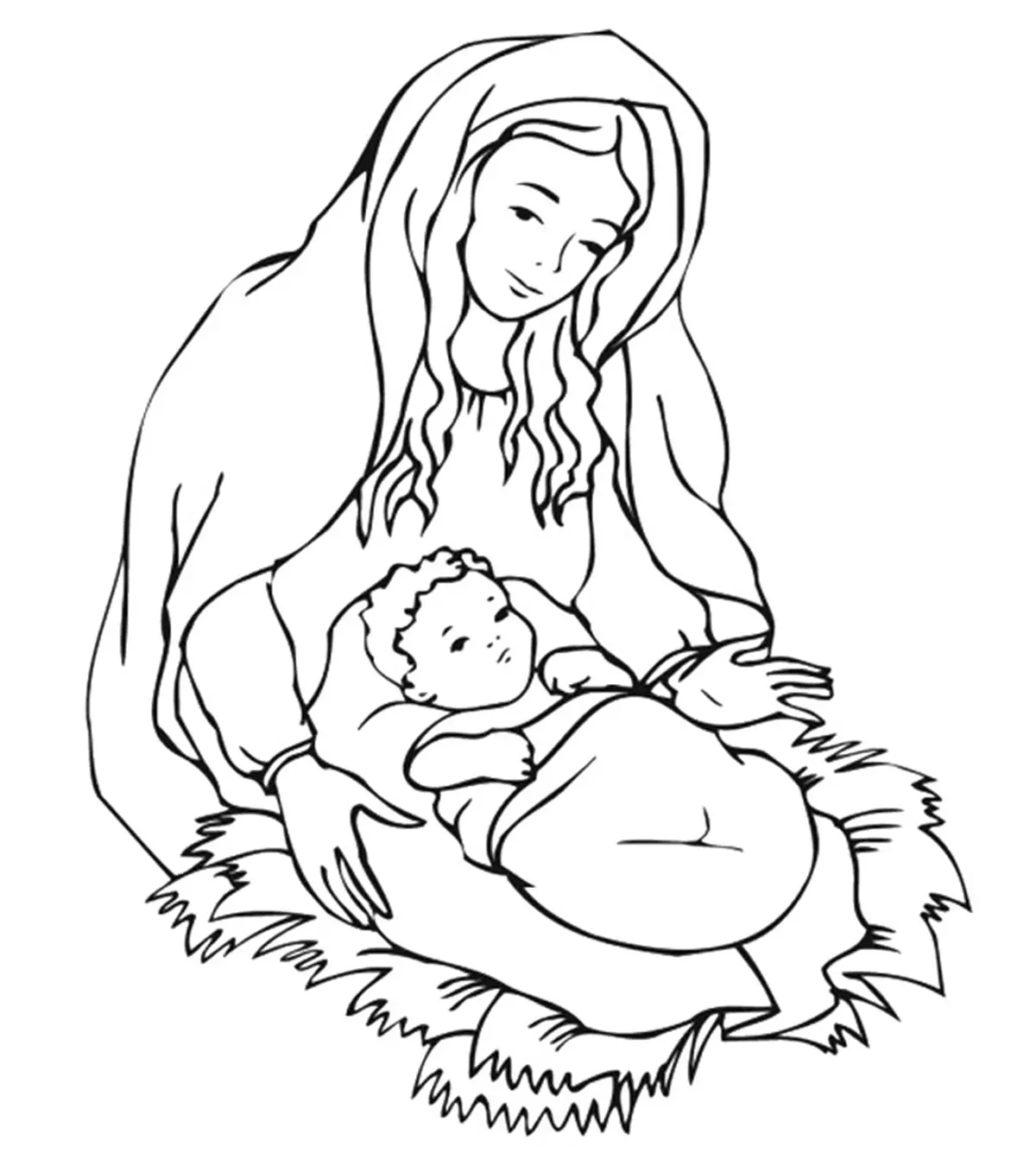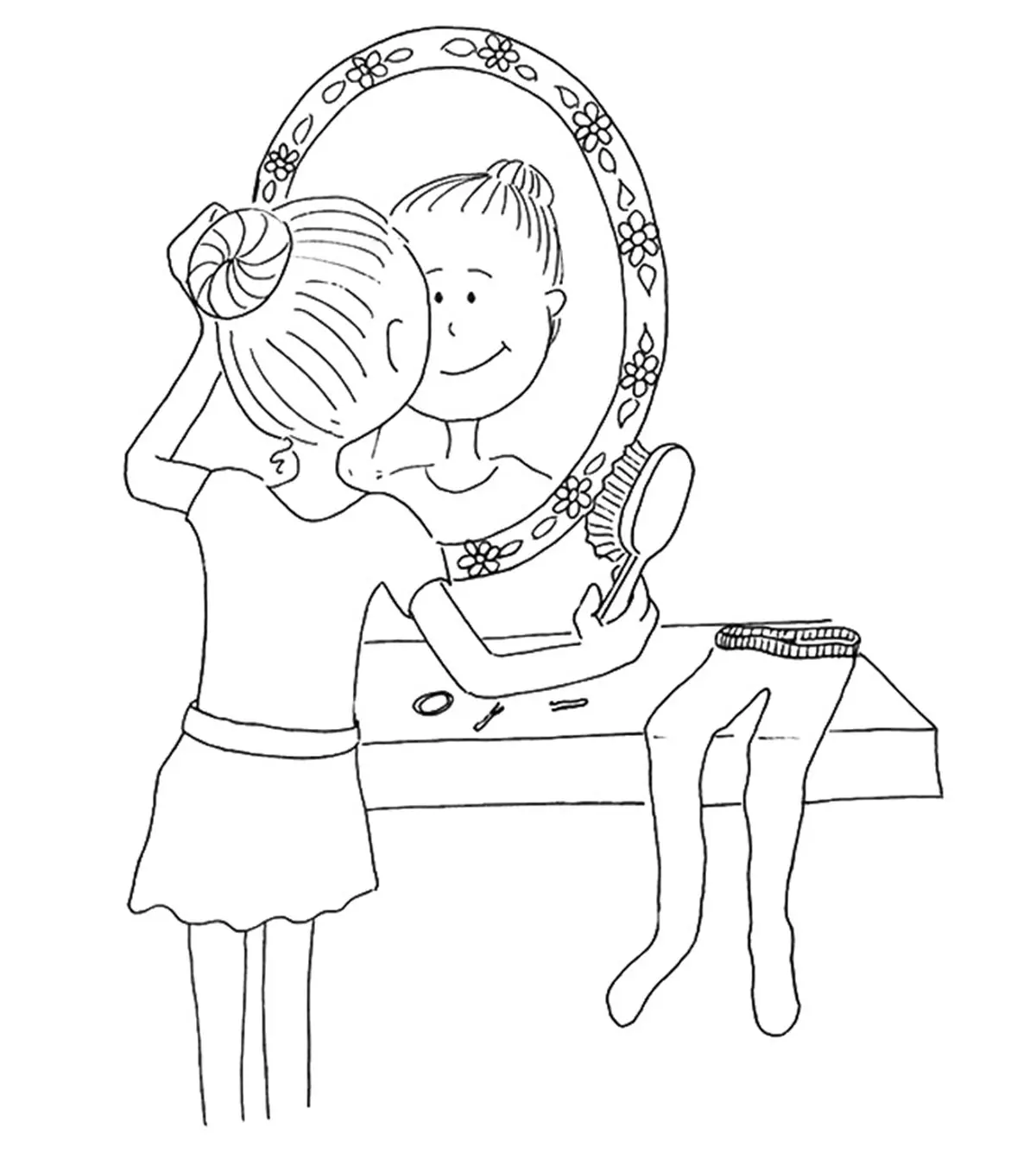
Image: Shutterstock
Brain teasers and riddles enhance creativity and inspire children to think and imagine (1). Rebus puzzles are one of the most exciting ways to engage and entertain children. They are an excellent way to enrich problem-solving, decision-making, and visual comprehension skills in children.
Children in the age group of five to 11 years can enjoy solving rebuses of varying complexities. So, it doesn’t matter if you are the parent of a preschooler or a tween, you can find rebus brainteasers for them. Keep reading to find out more about their benefits and how to solve these exciting brain teasers.
Key Pointers
- A rebus shows a word, phrase, or object to make the player determine a word or phrase.
- Simple rebus puzzles for kids enhance their problem-solving, reading, vocabulary, and retention power.
- Children from five to 11 years can solve these puzzles and have good fun.
What Are Rebus Puzzles
Rebus puzzles are also known as picture puzzles or picture riddles. A rebus showcases a word, phrase, name, thing, or animal to spell out any word or phrase. Children must determine a phrase through these letters, numbers, images, and symbols. For example, if a rebus for kids has the word HEAD and the word HEELS written below it, the answer to it will be ‘Head over Heels.’
Sometimes, rebus puzzles have image clues that show the sounds of different things. After the child guesses the answer, they must find the pictures of the words. Spelling rebus puzzles have words, letters, anagrams, and pictures in math-specific equations. These intend to make children spell out single words. A teacher, Sam enjoys creating and sharing rebus puzzles with her students. She says, “I have just recently introduced Rebus Puzzles into the classroom and, in my opinion, they are another great way to explore/experiment with the English language. Rebus puzzles use pictures, symbols, and letters to represent a word, phrase, or saying. They can also create language awareness. For example, they can be useful for practicing positional and directional words. They can be used with young children and add a unique, dynamic way to learn how to read. Rebus puzzles can also be used to get over the hurdle of learning disabilities. They can be used for both kids or adults and are mental exercises for the brain (i)!”
 Quick fact
Quick factYou can get rebus puzzles for kids with answers and use them as a fun game to warm their minds before they head to school. Simple rebus puzzles also serve as a fantastic wind-down activity in the afternoon after children come from school or before they hit bed.
Benefits Of Rebus Puzzles For Kids
Rebus puzzles not only entertain and keep children busy but also offer a host of learning benefits to them.
1. Makes children reason well
Easy rebus puzzles for kids need them to analyze and think critically about the pictures. Further, children need to adhere to specific instructions to form the right word. These attempts prompt them to use their minds and use the correct rationale. Logic puzzles encourage lateral thinking skills. As a result, their involvement in Rebus puzzle games improves their reasoning ability.
2. Helps associate words and images
A rebus for kids lets them understand the link between words and pictures. Children look at the placement of the words and the size of words and images in cryptograms and find out whether the word denotes a letter. To solve the puzzle, children may also need to determine if something is missing from a picture or a word. These things let kids associate words and images quite well.
3. Boosts vocabulary and reading skills
While solving rebus puzzles and quizzes, children look at pictures or words to uncover an answer. This answer can be a word they did not know about earlier. Thus, this process helps children learn new words and, in turn, enhance their vocabulary. Apart from vocabulary, picture rebus puzzles for kids also develop their reading abilities.
4. Improves memory
Printable rebus puzzles for kids ask a question, while the clues to the answer are in numbers, letters, pictures, and symbols. Players must know of and must recall clichés and expressions to determine the answers to puzzles. These games also need children to focus intently while solving the problem. Thus, it enhances their concentration as well.
 Point to consider
Point to consider5. Makes children spell words better
While solving rebus puzzles, children analyze words and find the answers. This makes them better at sounding out and spelling words. You can use matchsticks to create new characters. Rebus chart for preschoolers uses pre-primer sight words and picture clues to help children understand phonics and better their reading skills.
6. Enhances pattern recognition skills
While solving the puzzles, children may recognize various patterns as they are exposed to recurring elements and combinations. Regular practice can significantly improve their pattern recognition skills as they quickly identify and associate symbols.
7. Being open to learning
Children show more interest when learning is combined with fun. Rebus puzzles keep the children engaged and give them a sense of accomplishment when they complete the task. These puzzles add the elements of thrill and excitement to learning, igniting curiosity and positive competitive spirit in children. It makes the learning process more interactive and makes children more open to acceptance.
Tips To Solve Rebus Puzzles
A rebus puzzle encrypts the answer in numerous ways. Although it may seem challenging to children, they will soon come to love the whole problem-solving process. Try using rebus puzzles as a group activity in classrooms or at home. This approach encourages teamwork and helps children develop social skills as they collaborate to solve the puzzles.
- Familiarize yourself with many common words and phrases. Find famous sayings, quotes, literature, and cliches to solve puzzles quickly.
- When you notice a word that looks gibberish, break it into smaller words. It is because writing one word inside another is a famous rebus puzzle trick.
- Related letters and numbers are often placed strategically over one another. Look at their placement carefully to determine the word or phrase. This is most useful for solving crosswords or jumbles.
- Find out if a word for a picture represents a letter. For example, the image of ‘bee’ could imply ‘B.’ This is useful for solving pictograms.
- Analyze the font style of words. Tall, slim, slanted, or bold letters can indicate such people.
- Your attention can be drawn to some part of the rebus by an arrow, text bolding, or underlining. It indicates that this is where you should find the clue.
- Remember that if a word is spelled in a particular direction other than the typical left-to-right, especially in word searches, it points to a clue associated with the solution.
- Sometimes, rebus word puzzles have symbols that are not in black. In such instances, color can be a probable hint to the answer.
- Certain rebus puzzles are phonologically cryptic. The sound will not be like the answer. But it would be very close to being recognized. For example, “2222,” when pronounced together, sounds like Tues. But with the word “Day,” you get Tuesday.
- In many picture rebus puzzles for kids, the images almost always point to the clue. So analyze them carefully.
 Trivia
Trivia15 Rebus Puzzles for Kids
Here are a variety of rebus puzzles for kids with answers. Let your child start exploring them and have fun.
Answer – Green with envy.
Answer – Crossroads.
Answer – The last straw.
Answer – Three blind mice.
Answer – Two-way radio.
Answer – The eye of the tiger.
Answer – He who laughs last laughs longest.
Answer – Summary.
Answer – Noon tea.
Answer – Fire.
Answer – No U-Turn.
Answer – Small talk.
Answer – Slideshow.
Answer – Stand up and be counted.
Answer – Nothing good on television.
Frequently Asked Questions
1. How do you make a rebus puzzle more challenging for kids?
You can make a rebus puzzle more challenging by adding more complex pictures, using more items, introducing wordplay, and reducing the number of hints you give.
2. Are there any rebus puzzle books or websites for kids?
Many websites, apps, and even books house rebus puzzles for kids. ‘The Big Book of Rebuses: Brain Training for Kids and Adults’ is a popular rebus puzzle book available online and in stores.
3. Can you create your own rebus puzzle?
Yes, you can either hand draw these or design them on the computer, and they are a hundred times more fun as they can incorporate attributes of the child’s personal life.
4. Are rebus puzzles suitable for all age groups?
Yes, rebus puzzles are great for all ages. They work best for kids aged five to eleven but can also be adjusted for older kids and adults, making them fun for the whole family.
Rebus puzzles for kids are brain teasers that use clues in the form of images, words, or phrases. They are a fun way to promote creative thinking and problem-solving in kids. When children engage in them, their vocabulary, spelling, and language proficiency are enriched. The puzzles can be found for children of various age groups as per their level of development. Although rebus puzzles may seem difficult at first, engaging your child in them will make them fall in love with them. Such brain games for kids are a great tool to make your children active learners.
Infographic: Effective Ways To Solve Rebus Puzzles
Rebus puzzles offer a great learning experience to children. But to resolve the puzzles effectively, children need to be patient. That doesn’t mean that decoding them is too hard. Scroll through the infographic below to find some valuable puzzle-solving techniques.

Illustration: Momjunction Design Team
Illustration: Rebus Puzzles For Kids With Answers And Tips To Solve
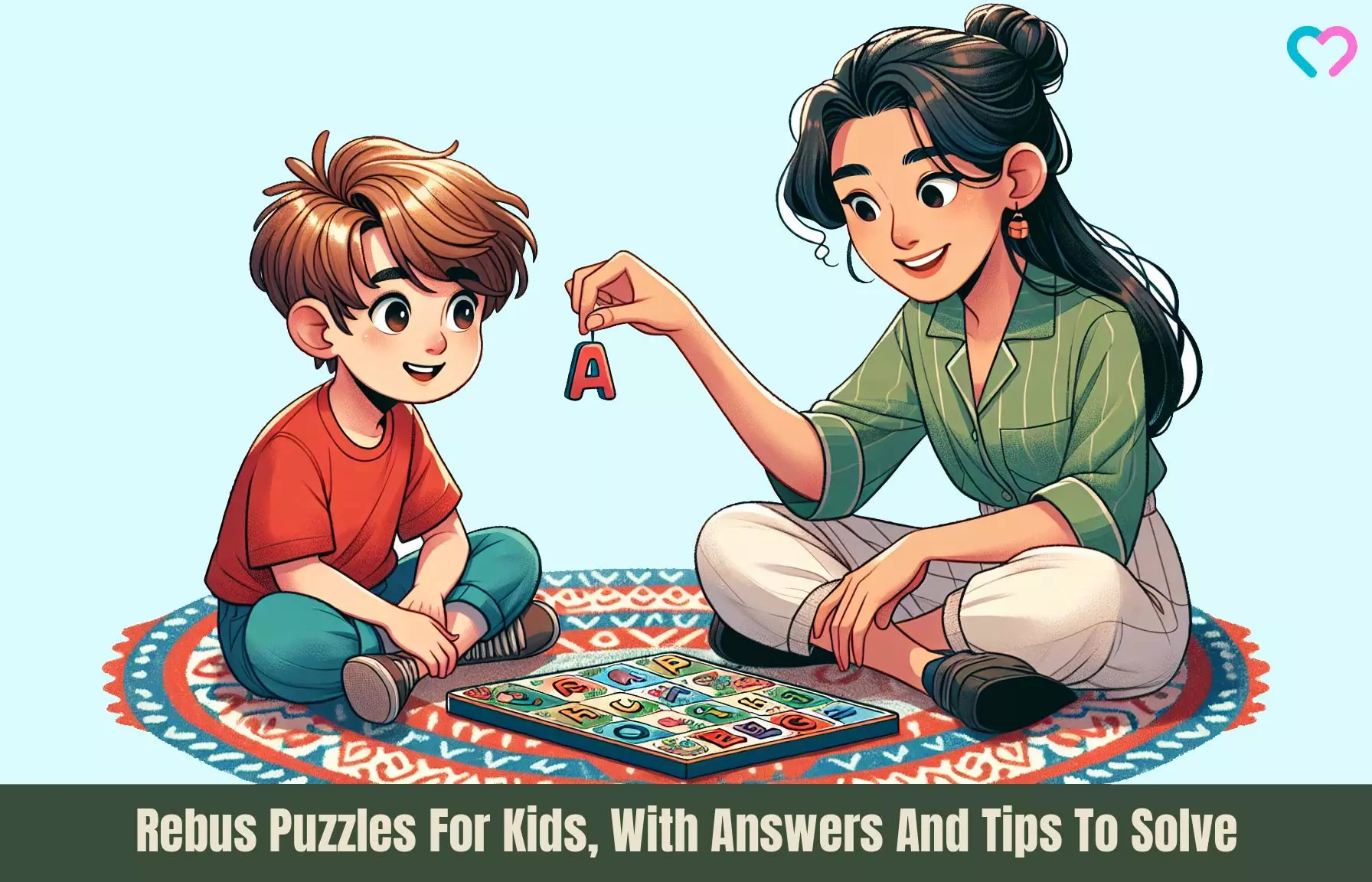
Image: Dalle E/MomJunction Design Team
Let’s have some fun with brain teasers and rebus puzzles! Kids, join us as we explore the world of tricky riddles and mind-bending puzzles.
Personal Experience: Source
MomJunction articles include first-hand experiences to provide you with better insights through real-life narratives. Here are the sources of personal accounts referenced in this article.
i. You just me.https://bloggersamstarr.wordpress.com/category/rebus-puzzle/
References
- Using Games And Riddles To Inspire Creativity In Gifted Learners.
https://www.valdosta.edu/colleges/education/human-services/document%20/presentation-pp.pdf
Community Experiences
Join the conversation and become a part of our nurturing community! Share your stories, experiences, and insights to connect with fellow parents.
Read full bio of Elisabeth Daly
Read full bio of Praggya Joshi
Read full bio of Harshita Makvana
Read full bio of Kavita Kankani








